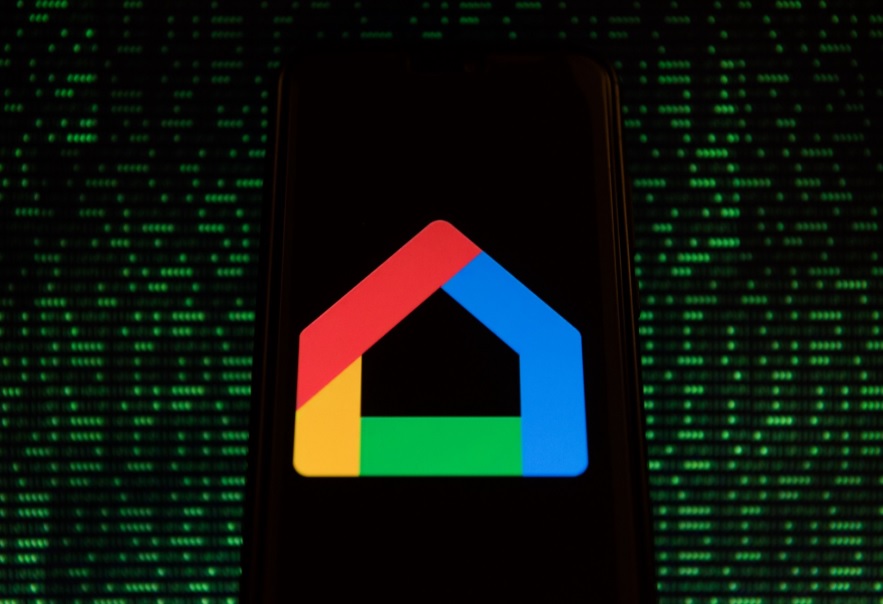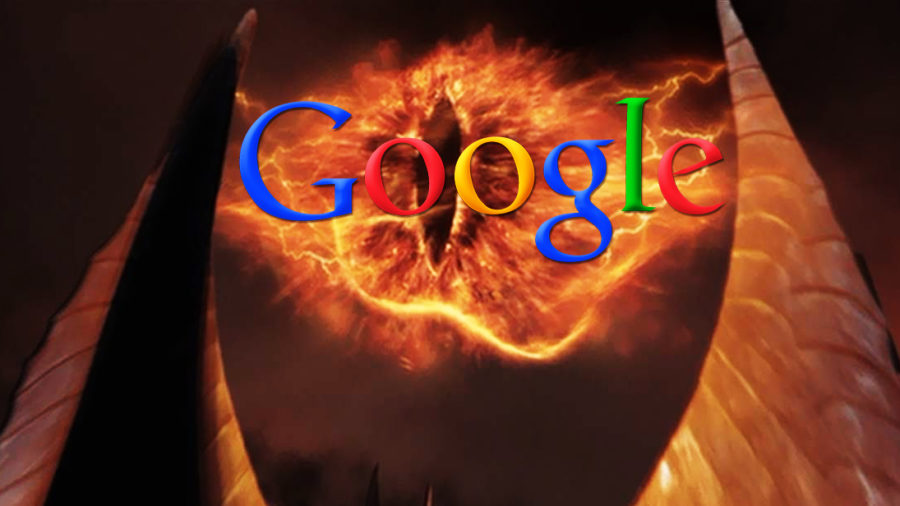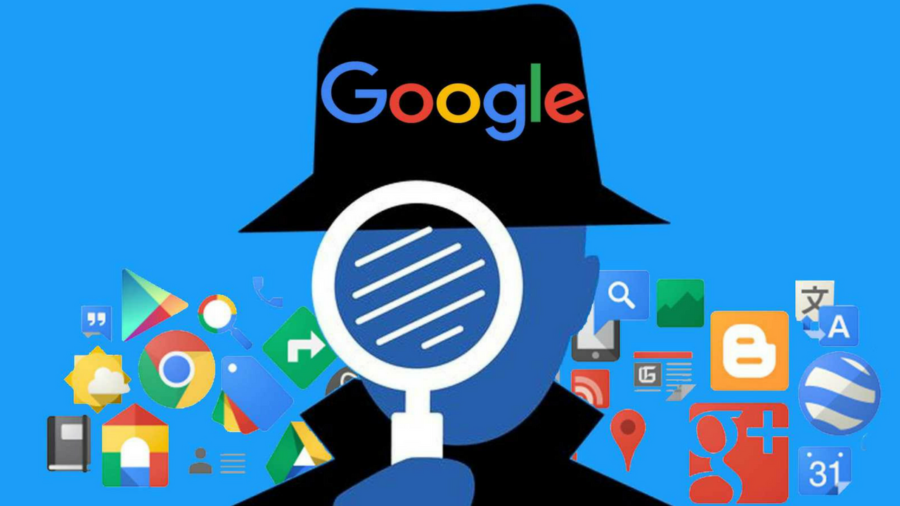Today, people tell Google things that they would not trust to anyone – not spouses, not doctors, not psychoanalysts. But Google users would not be so frank when 'communicating' with a search engine if they understood the full depth of this 'rabbit hole' …

Original material by Patrick Burlinett
When lazy journalists are pessimistic about Alexa from Amazon or Google Home, they say something like, 'Even Orwell couldn't predict what we voluntarily let
'Big Brother' to their homes. ' They forget to mention that our willingness to trade privacy for convenience is not due to the invention of virtual assistants. It all started at the turn of the century, when people gave Google all their information in exchange for access to Google products and more relevant advertising offers.
Today, Google provides marketers like me with so much personal information about you that we can understand more about you from it than from any camera or microphone. Marketing professionals have never had so many opportunities to use this data. Today, 40,000 Google searches are carried out every second. That's 3.5 billion requests per day, 1.2 trillion requests per year. When you search on Google, your request is sent to the data center, where about a thousand computers work together to get the results and send them to you. The entire process usually takes less than a fifth of a second. Most people do not understand that in parallel with this process, another, more mysterious and 'behind the scenes' is taking place: an auction is taking place.

Every search on the web contains keywords, and advertisers are fighting fiercely for the words you just enter into the Google search form. Every advertiser offering a product that is relevant to your keywords wants their ad to be seen and clicked on. Then, by analogy with how toys in a cartoon rush to take their places until the owner turns on the light, advertisements are fixed on a page that has not yet been loaded with search results customized for you. Typically, the first four search results – what you see before you start flipping through the page – are paid advertising materials. If you didn't know about this, then you are not alone. More than 50 percent of people between the ages of 18 and 34 can't tell the difference between Google ads and organic search results.
As soon as you click on an ad, your information is passed on to search marketers, who permanently store it in your AdWords account.
In case you start to feel the semblance of happiness in anticipation of the upcoming holidays, here is a complete list of what Google knows about you thanks to all the methods of tracking you, as of December 2018:
- Age
- Income
- Having children
- Family status
- Browsing history (recent and past)
- Device data (phone, tablet, PC, TV)
- Physical location
- Your child's age
- Your school performance
- Academic degree
- The time of day you are using Google
- Main language
- Recent important life events
- Service provider name
- Exact words entered in Google search
- Context and topics of the resources you visited
- Information about purchased items
- Information about almost purchased items
- Wi-Fi connection type
- Proximity to cell tower
- Application installation history
- Time spent in certain applications
- operating system
- Email content
- Time spent on certain sites
- Are you in the process of moving to a new home
- Are you on the move
Throughout your history of using Google, your Citizen Profile is generated there. It contains the following data:
- History of voice searches
- Every Google search you make
- Every ad you clicked on
- Every place you visited in the last year
- Every image you save over time
- Every email you send all the time

In 2019, we will move closer to understanding and embracing the 'holy grail' of search marketing – cross-device identification. When this technology is implemented, advertisements will be seamlessly served to searchers, not only through different channels (for example, social media, email and organic search), but also on different devices – from mobile phone to tablet, laptop, TV, and PC.
For example, depending on your loyalty to a particular brand, your TV will emit a hyper-frequency signal during certain commercials. This signal is not audible to the stupid human ear, only a cell phone will perceive it. If there is a Nike ad on TV and then you grab your phone and type Nike sneakers into Google, the conversion path you have traveled is tied from TV to smartphone.
Marketers already know if you use public transportation. And they show you advertisements for products that might interest you, like headphones, vintage leather laptop bags, and sob scarves. How do marketers know you're a passenger? It's simple: by the frequency of the signals that your phone sends when moving relative to cell towers. If the signals are coming in massively from about one place, the marketer might conclude that you are standing in an object that moves at high speed with infrequent stops, also known as a subway train.
To provide marketers with even more data about your in-store purchases in real life, not online, Google acquired Mastercard data for millions of dollars. The company said it has access to 70% of its credit and debit card sales in the United States through partnerships with a third party.

In December 2008, Hal Roberts of Harvard University's Berkman Klein Center for Internet and Society spoke of Google Ads as a form of 'secret surveillance'. He described Google as a “collective intelligence system” that works with marketers to secretly store and use your information. But unlike other forms of surveillance, Google cannot kill you with this information or send you to jail. Roberts explained this attitude towards Google Ads by the difficulty of discovering and using data on a personal level. But, as he believes, she already at that time played a “central role in the creation of a network of social discourse.” Ten years later, it has become even more difficult to detect explicit use of private information by Google Ads. Despite the fact that surveillance penetrates almost every aspect of our life, the real picture of events is almost completely hidden from public attention.
Original material by Patrick Burlinett
For a modern person, this behavior of Google should not be a revelation, the company's appetites have long been known and often not at all on the positive side. The long-standing question of how Google cares about whether the data it receives will not fall into the wrong hands, from all points of view, this is unprofitable for the company itself. But users are suspicious, and technology tends to fail and “make mistakes”, hence the problem. Of course, now there are a number of ways to hide from this surveillance, but they are not suitable for everyone, and it is always useful to know about the peculiarities of the behavior of a “corporation of good”
